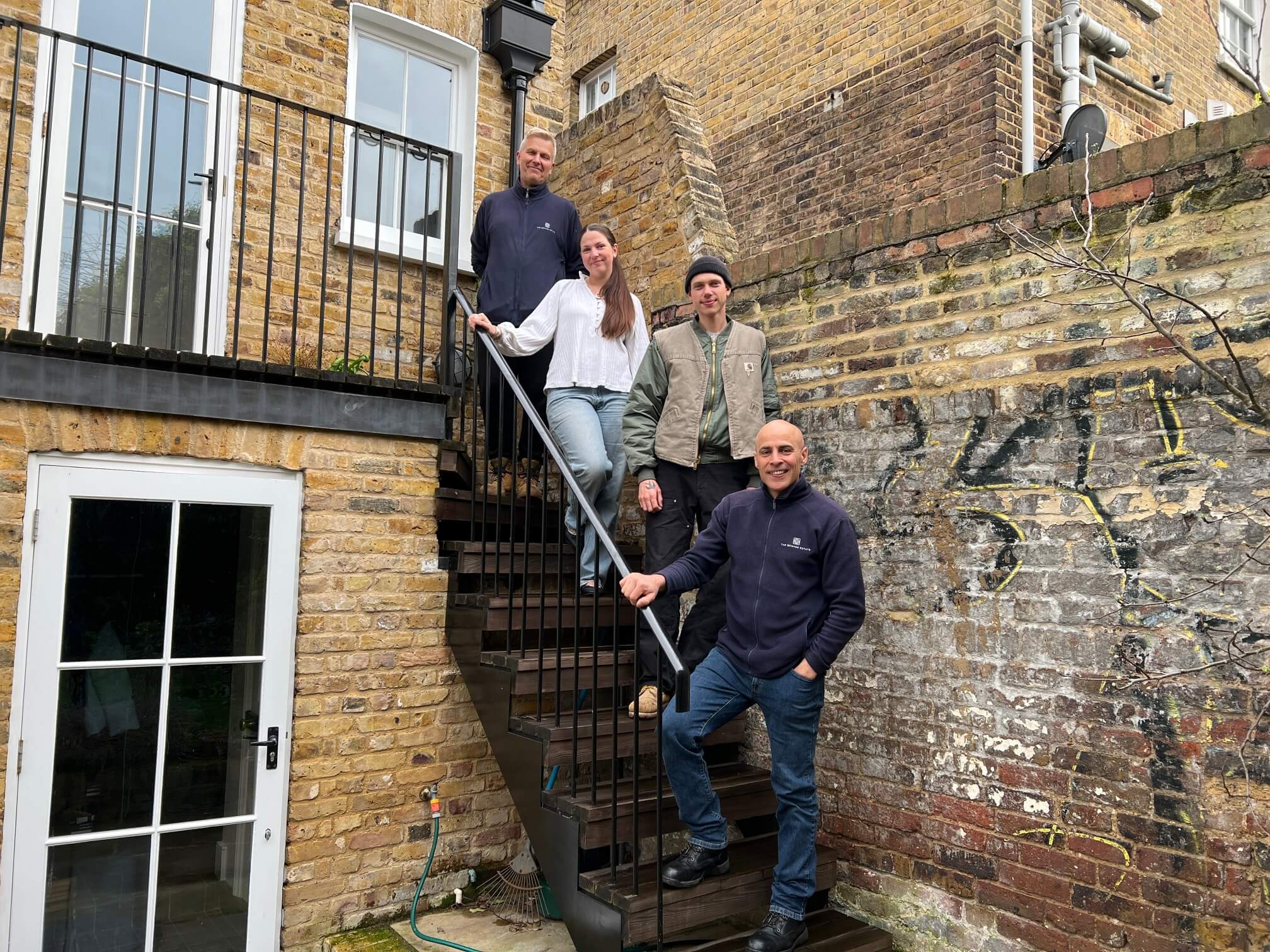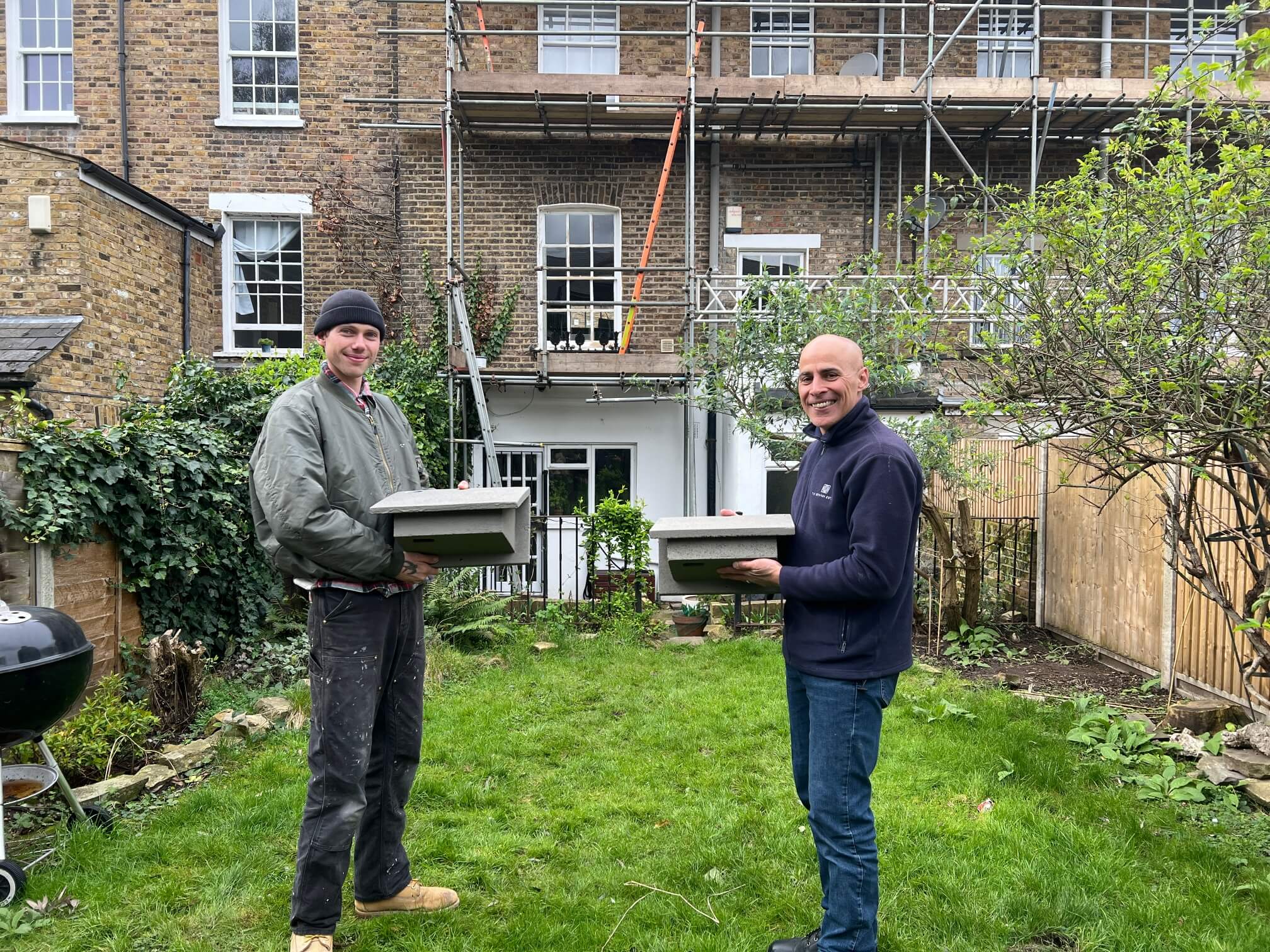10 January 2018
Smart energy meters at your rented house
Smart energy meters at your rented house
With the growth of renewables as an alternative to traditional fossil fuels, the dangers of climate change and the impact of global warming, there is a need for all of us to be more energy efficient.
As a tenant, one way to monitor your energy efficiency and potentially keep your energy bills down in your rental home is by installing a smart meter.
Put simply, smart meters are gas and electricity meters which automatically send meter readings to your provider. Rather than standard meters, which use decades old technology and require households to track their own readings and submit them to suppliers for more accurate bills, smart meters use a secure national communication network to wirelessly send your actual energy usage to the supplier.
They are installed with a smart energy monitor to show you how much energy you are using in pounds and pence, demonstrating how energy efficient your home is. Real-time usage information, including cost and kilowatt hour use, is also displayed.
So, to summarise, the main advantages of installing a smart meter are:
- more accurate bills, rather than estimates bills or the need for the supplier to visit your home to read your meter every so often
- a greater understanding of your household’s energy usage, so you can change your energy habits accordingly
- the possibility of more innovative energy tariffs; the idea being that when energy supplier has a better understanding of your usage patterns, innovations can be introduced to make tariffs cheaper, easier to understand and more flexible
There are, however, some issues with smart meters that should take into account before using one.
Meters can, on occasion, experience signalling problems. If your meter is located in a place where the signal is weaker (for example, the basement) you may be unable to receive a signal strong enough to send information remotely to your supplier. Your supplier will advise on whether you are eligible for a meter or not if this is the case.
Some smart meters can lose smart functionality and some aren’t currently compatible with solar panels or microgeneration. If this is the case, your supplier will not be able to offer you smart meters just yet.



